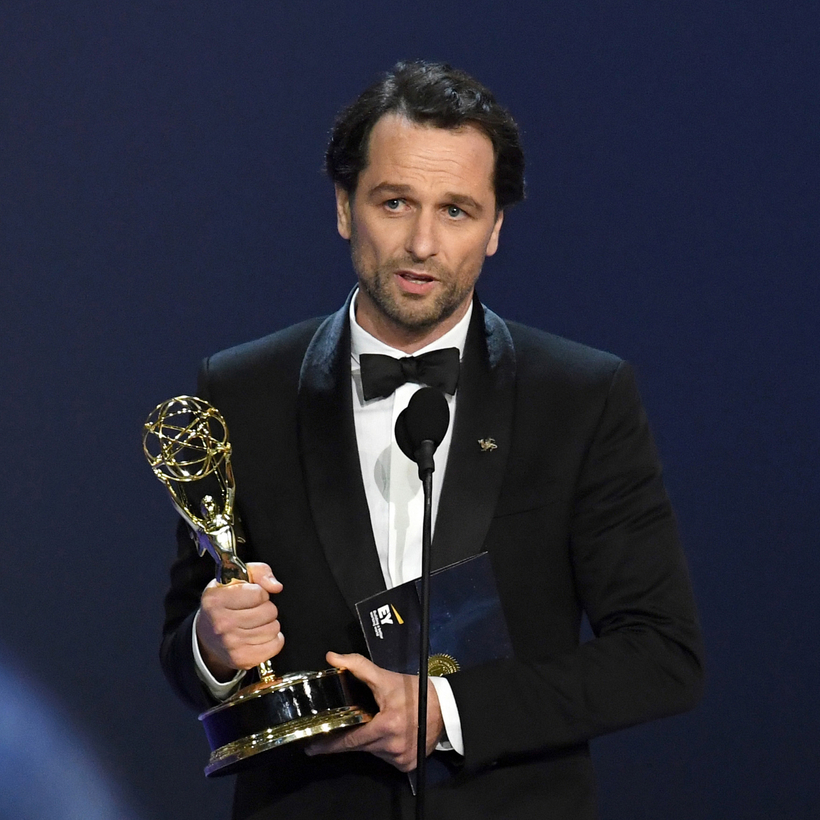Matthew Rhys was filming the second series of the hit show The Americans, about an apparently American suburban couple in the 1980s who are in fact Soviet agents in an arranged marriage, when truth started blending into fiction. Not that the Welsh actor was recruited by the KGB, but that he began falling for Keri Russell, the American actress playing his wife.
“It terrifies the producers when that happens,” says Rhys, 50. “It’s understandable. These things often end quickly and then the set isn’t a pleasant place to be.” So he and Russell were at pains to keep their relationship secret. Then one night at about 3 a.m., when he was staying at her New York apartment, they heard burglars enter.

